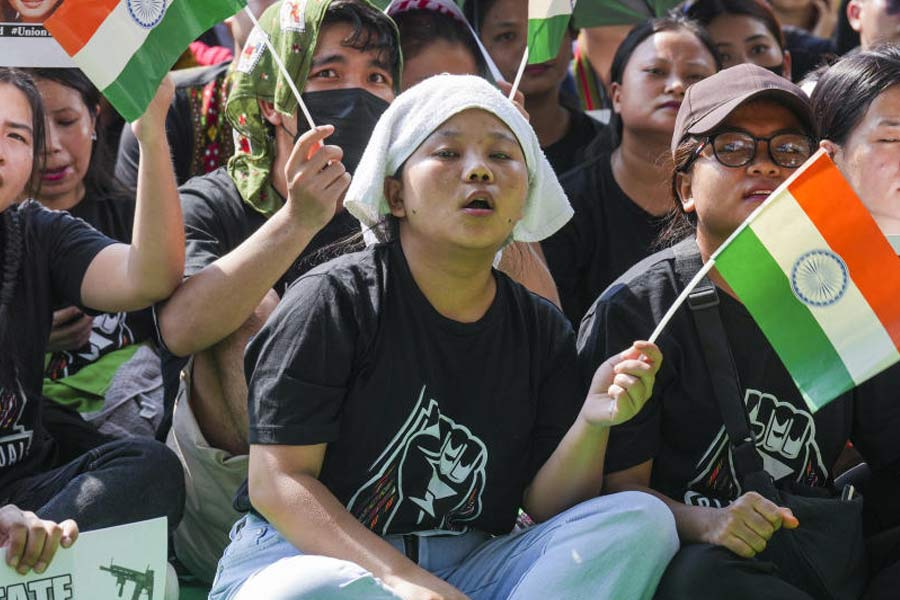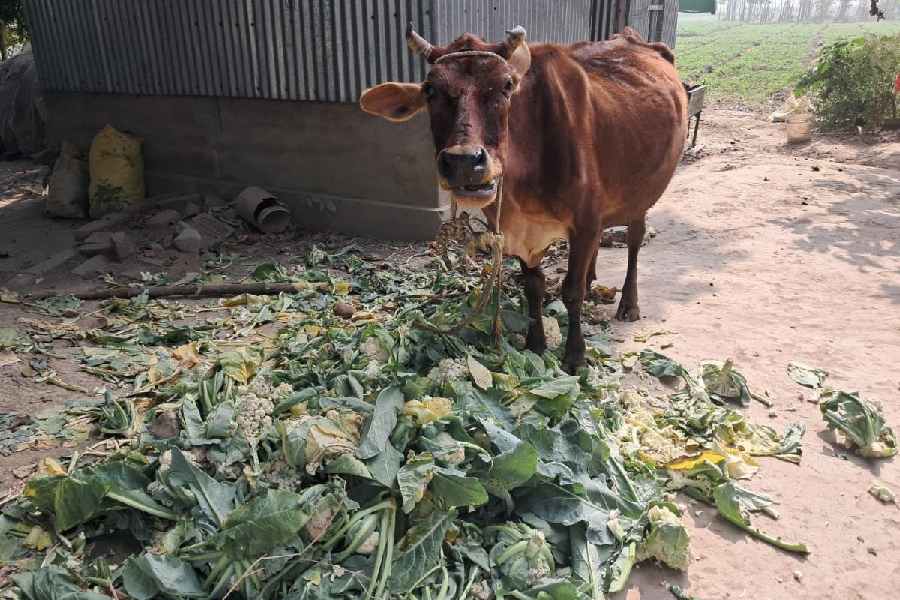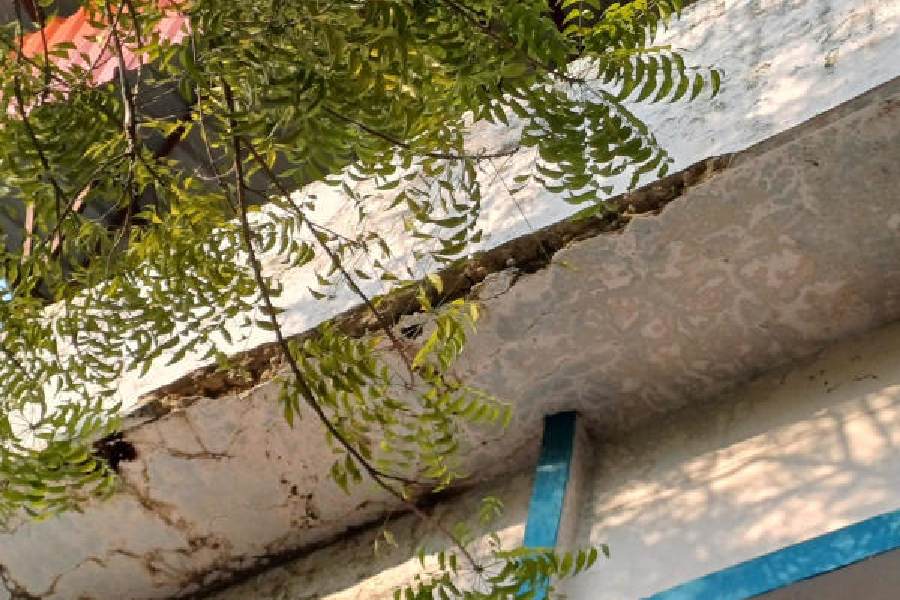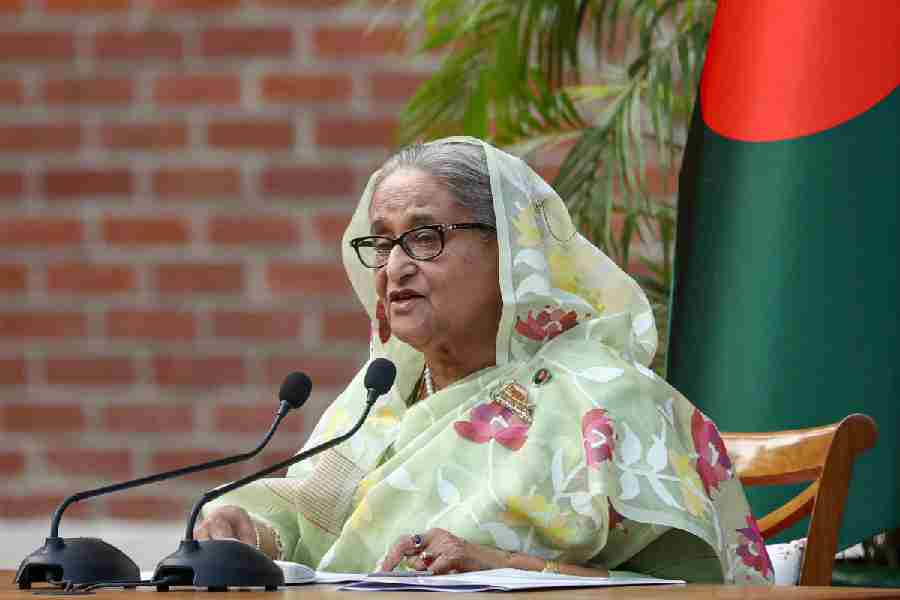The Karbi Anglong Autonomous Council (KAAC) in Assam said it will facilitate the return of around 1,000 Kuki-Zo people who took shelter in the Singhason hills since the outbreak of violence in Manipur last year.
Meetings will be held with different stakeholders on the issue to facilitate the return of the Kuki-Zos who have come here, KAAC Chief Executive Member (CEM) Tuliram Ronghang said.
"We are not going to forcefully evict them but will facilitate their return after discussions with various social and political organisations, including those from the Kuki community," he said.
Ronghang said land rights would be given only to people who have lived in the Karbi Anglong district since its establishment or have been longstanding permanent residents.
"Individuals migrating from outside the district, particularly those from Manipur, would not be granted land rights through our initiative of distributing land documents," he said on the sidelines of a land rights distribution programme in the Japrajan area of Bokajan on Tuesday.
A meeting has been convened on November 28 to discuss the matter and "we are hopeful of resolving the issue amicably", he added.
Karbi Anglong and West Karbi Anglong districts are governed by the autonomous council under the Sixth Schedule of the Constitution.
The two districts are home to the Karbis, which has the largest population among the hill tribes, Kukis, Hmars and Thadous.
The hills have witnessed widespread ethnic conflict between the Karbis and Kukis in the past. In the late '90s and early '00s, the conflict escalated into frequent clashes between militant groups claiming to represent the two communities -- United People's Democratic Solidarity (UPDS) and the Kuki Revolutionary Army (KRA), resulting in the killing of over 100 people.
The Karbi militant outfits signed a peace agreement with the government in 2021, ending the violence.
The conflict between the Karbis and Kukis has its roots in disputes over land, resources and political representations.
Over 250 people have been killed in the ethnic clashes between Kuki-Zos and the Meitei community in Manipur since May last year. Thousands of people have been displaced by the violence, which broke out over the Metei community's demand for tribal status and the tribal Kuki-Zo people's opposition to it.
Except for the headline, this story has not been edited by The Telegraph Online staff and has been published from a syndicated feed.











